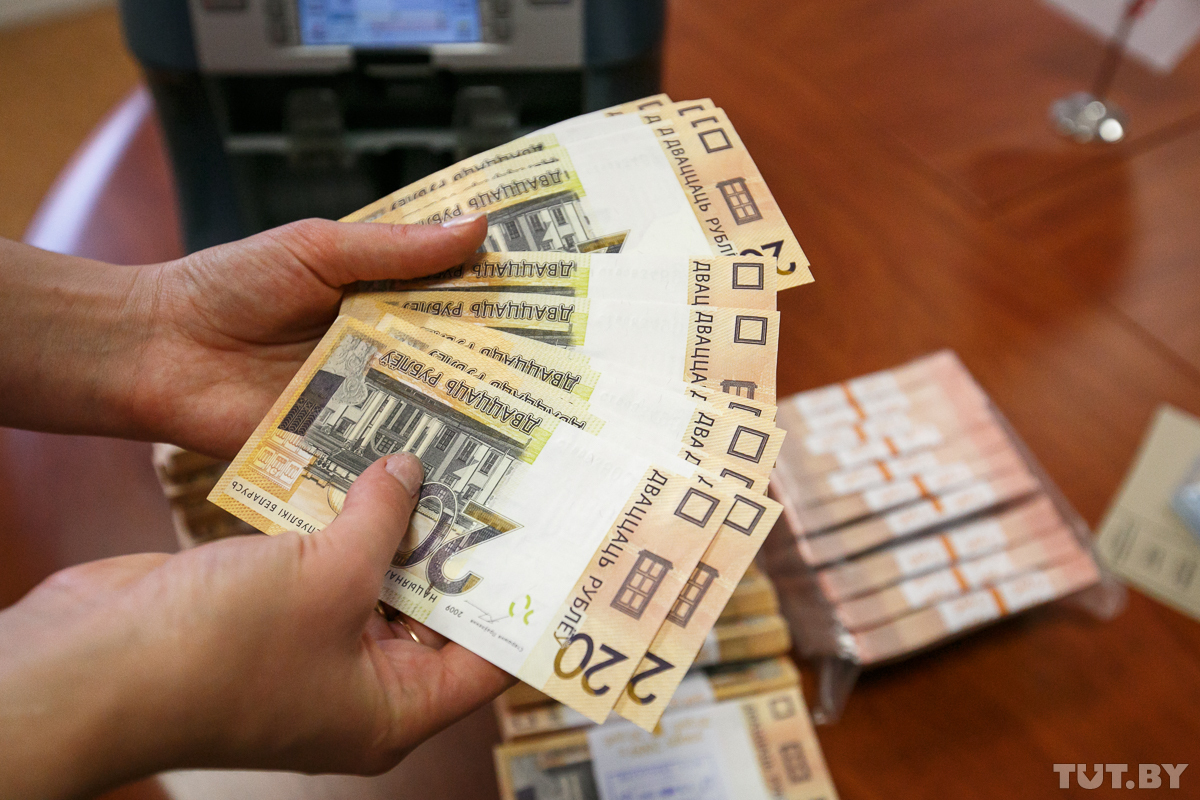Belarus’ external debt likely to reach one third of GDP in 2016
BelarusFeed
7 December 2016, 11:41
 The external debt of Belarus has increased by $1 billion to a record US $13.5 billion in the current year. The debt burden on the economy is constantly growing, therefore the sums that the country owes to creditors are totalling billions of dollars, experts say.
The external debt of Belarus has increased by $1 billion to a record US $13.5 billion in the current year. The debt burden on the economy is constantly growing, therefore the sums that the country owes to creditors are totalling billions of dollars, experts say.
Starting 2013 public debt payments of Belarus exceed $3 billion a year, and it is unlikely that 2017 will be an exception.
Next year Belarus will have to spend 2 billion 496.3 million denominated rubles to service the debt and 5 billion 232.2 million denominated rubles on repayments, the total being a stagerring 7.7 billion Belarusian rubles, or about $3.5 billion.
According to BelaPAN news agency, Belarus’ biggest creditors for 2017 are Russia (repayments to Russia make $741.3 million), the Eurasian Stabilization and Development Fund ($487.9 million) and China ($381.7 million).
Clearly, whether or not the country will be able to repay its debts to a great extent depends on the economic output, which has been less than satisfactory recently. Forecast by the IPM Research Center says that Belarus’ GDP in 2016 will decrease by 2.8%, and recession may continue into 2017. The experts suggest that the economy will shrink by other 0.9% next year.
According to IPM, Belarus’ GDP in dollar terms in 2016 will total $46.5 billion – noticeably lower than last year, when it reached $54.6 billion.
Experts say, Belarus had no opportunity to ease the debt burden on the economy in 2016. Meanwhile, they believe the country will not face any significant difficulty with foreign debt repayments next year, because Russia, that is holding the presidential election in 2017, will most likely agree to refinance Belarusian debt for political reasons.
“Russia is starting the election campaign, and Moscow will not probably exercise pressure on Minsk”, Valery Polkhovsky, a senior analyst at Forex Club, says.
At the same time the growth of the debt burden on the economy leads to the weakening of the position of Belarus in talks with the IMF, Polkhovsky adds.
Cooperation with the Fund and economic reforms demanded by the organization may become a forced measure for Belarus, because at present new loans do not contribute to the economic growth of the country.
7 December 2016, 11:41

Photo: TUT.BY
Starting 2013 public debt payments of Belarus exceed $3 billion a year, and it is unlikely that 2017 will be an exception.
Next year Belarus will have to spend 2 billion 496.3 million denominated rubles to service the debt and 5 billion 232.2 million denominated rubles on repayments, the total being a stagerring 7.7 billion Belarusian rubles, or about $3.5 billion.
According to BelaPAN news agency, Belarus’ biggest creditors for 2017 are Russia (repayments to Russia make $741.3 million), the Eurasian Stabilization and Development Fund ($487.9 million) and China ($381.7 million).
Clearly, whether or not the country will be able to repay its debts to a great extent depends on the economic output, which has been less than satisfactory recently. Forecast by the IPM Research Center says that Belarus’ GDP in 2016 will decrease by 2.8%, and recession may continue into 2017. The experts suggest that the economy will shrink by other 0.9% next year.
According to IPM, Belarus’ GDP in dollar terms in 2016 will total $46.5 billion – noticeably lower than last year, when it reached $54.6 billion.
Experts say, Belarus had no opportunity to ease the debt burden on the economy in 2016. Meanwhile, they believe the country will not face any significant difficulty with foreign debt repayments next year, because Russia, that is holding the presidential election in 2017, will most likely agree to refinance Belarusian debt for political reasons.
“Russia is starting the election campaign, and Moscow will not probably exercise pressure on Minsk”, Valery Polkhovsky, a senior analyst at Forex Club, says.
At the same time the growth of the debt burden on the economy leads to the weakening of the position of Belarus in talks with the IMF, Polkhovsky adds.
Cooperation with the Fund and economic reforms demanded by the organization may become a forced measure for Belarus, because at present new loans do not contribute to the economic growth of the country.

